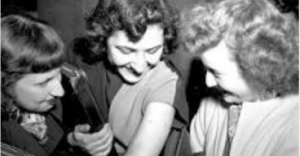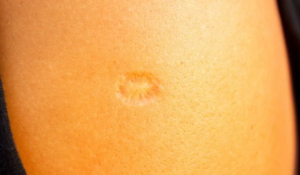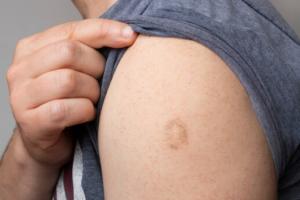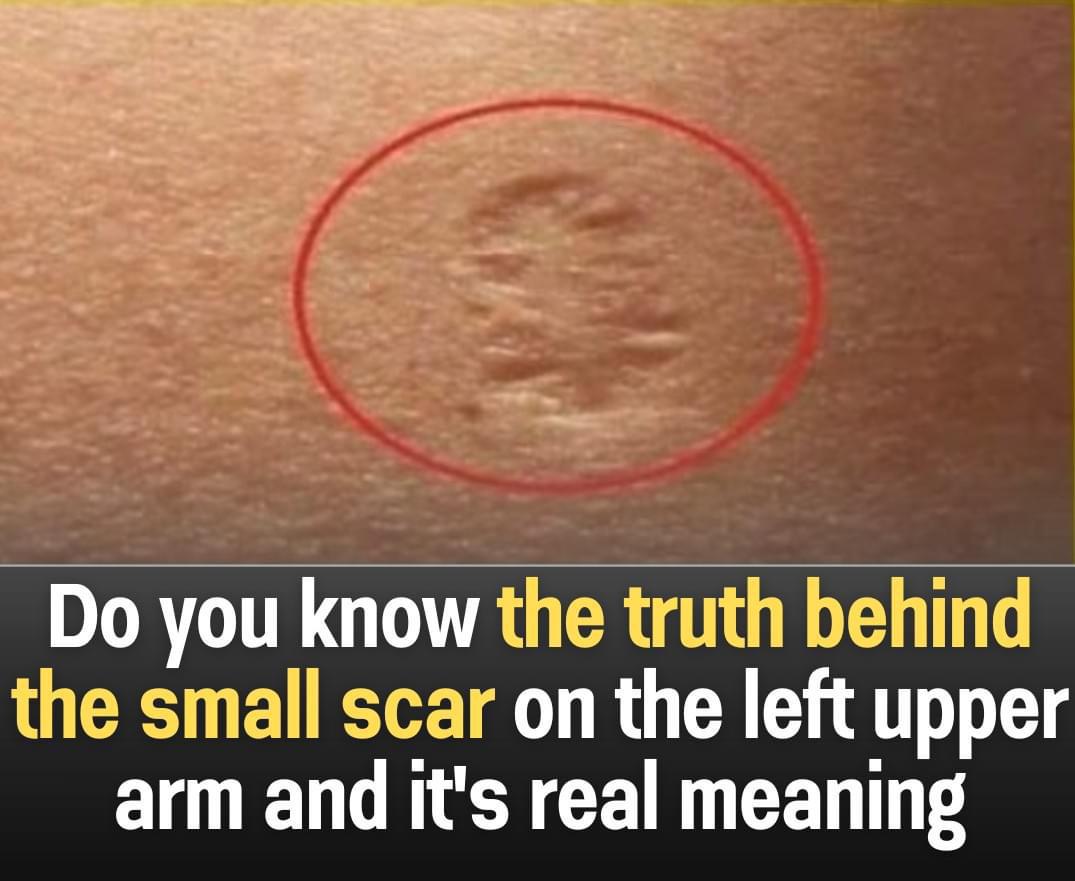Do you bear a small, rounded scar on your upper arm, a souvenir from the smallpox vaccine? Many individuals sport this distinctive mark, a remnant of a time before the 1970s when smallpox vaccinations were commonplace.
The purpose of the smallpox vaccine was to trigger an immune response to protect against the Variola virus, the culprit behind smallpox. To achieve this, a live Vaccinia virus was administered through the vaccine.

Following the vaccination, blisters would emerge at the injection site. Over the course of a few weeks, these blisters would heal and form a crust, leaving behind a circular scar. Each time the needle penetrated the skin, a small amount of the vaccine would be delivered, prompting blister formation and ultimately resulting in the visible scars.

Immediately after receiving the shot, the area around the injection site would slightly swell, a reaction that would subside within 6 to 8 hours. After this initial swelling disappeared, the injection site would appear normal. However, after 6 to 8 weeks, a small lump resembling a mosquito bite would reappear.

This lump would gradually enlarge and transform into a nodule, eventually breaking open, oozing fluid, and forming an ulcer. As the ulcer healed, a scar would form, a process that typically took two to five weeks to complete. This cycle of ulceration and healing could occur two or three times, resulting in scars that never fade.
By the early 1970s, smallpox had largely disappeared from the Western world, rendering vaccinations unnecessary for most individuals unless they were traveling to regions where the virus still posed a threat.
As the 1980s rolled in, and with decreased exposure to the Variola virus, smallpox vaccinations were altogether discontinued. Thus, the era of smallpox vaccinations and the distinctive scars they left behind became a thing of the past for many.

Leave a Reply